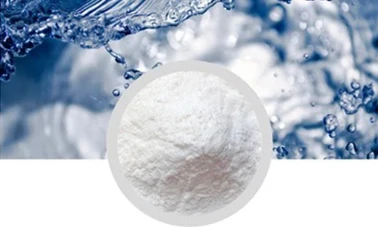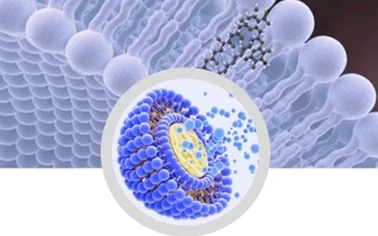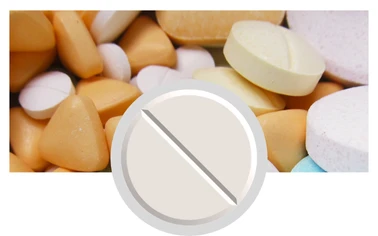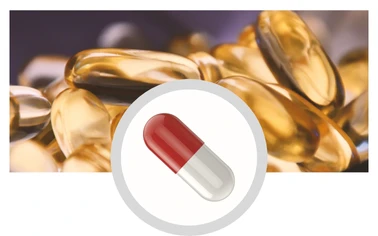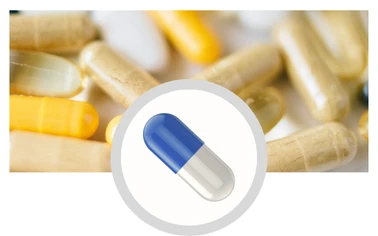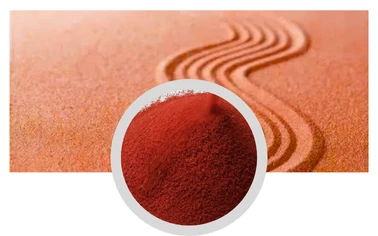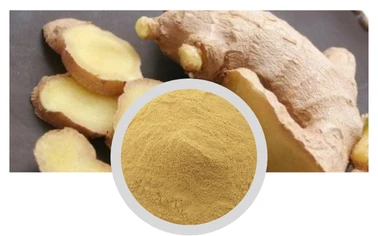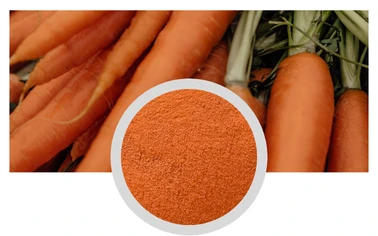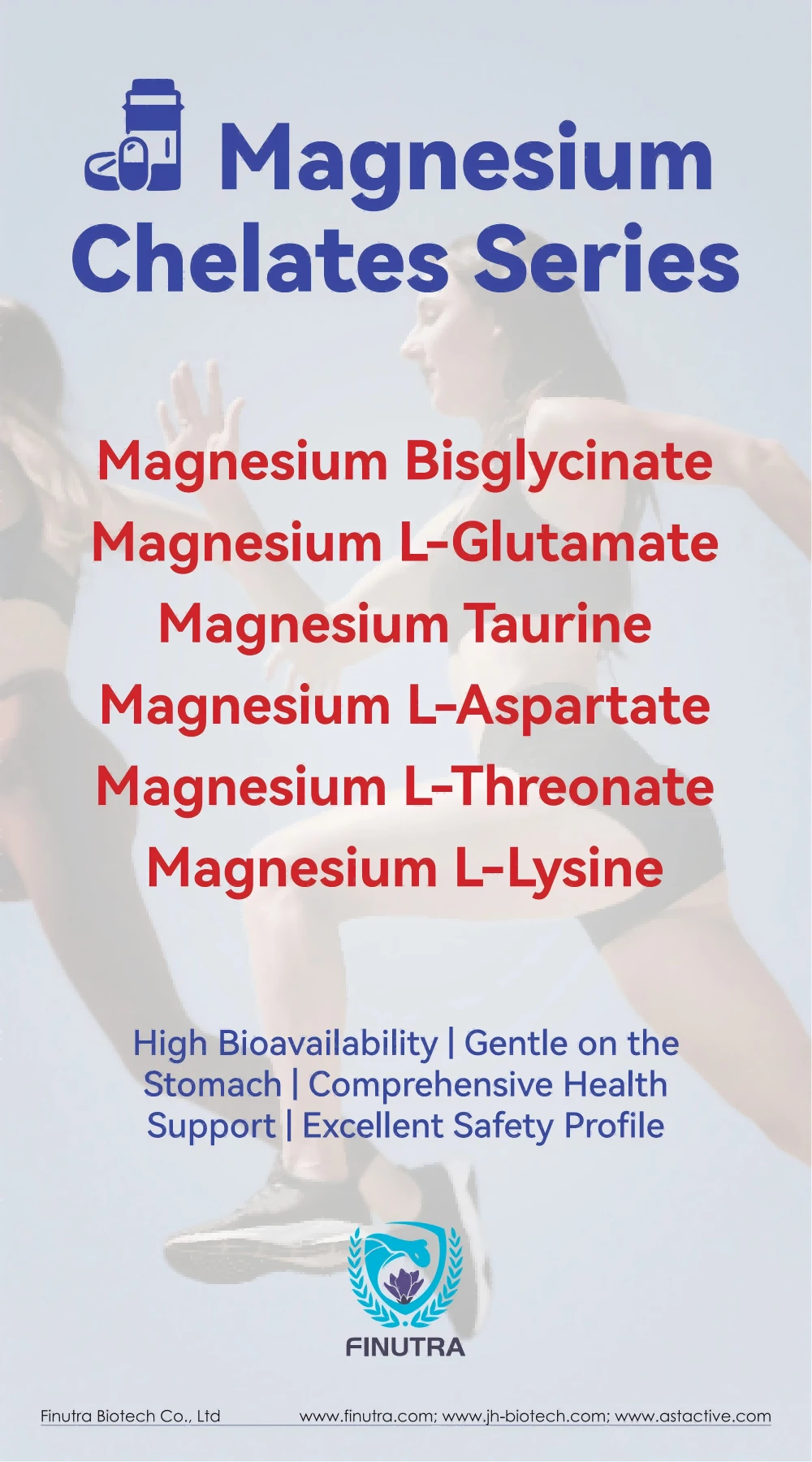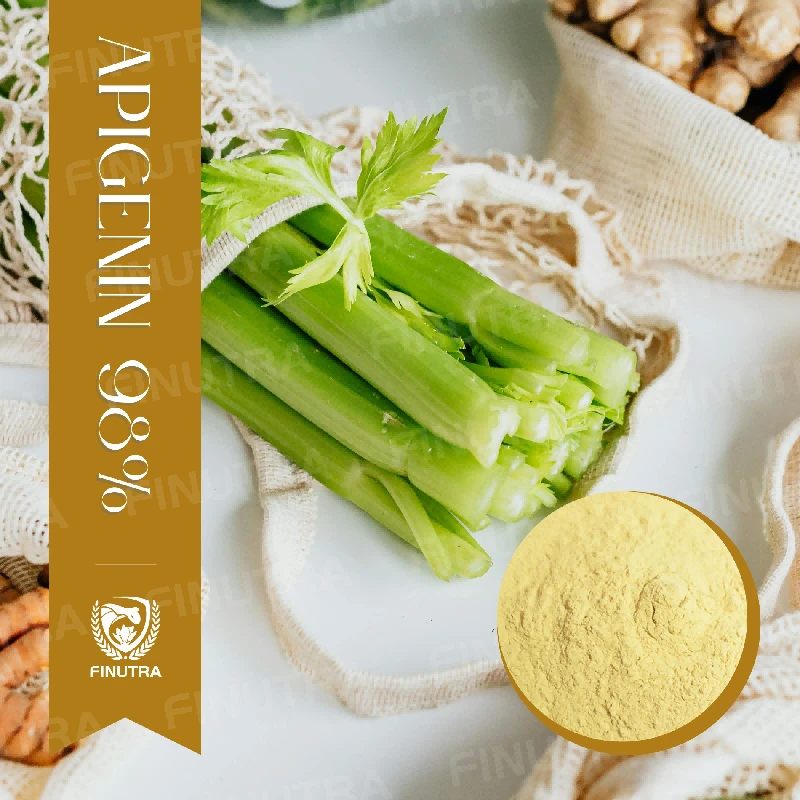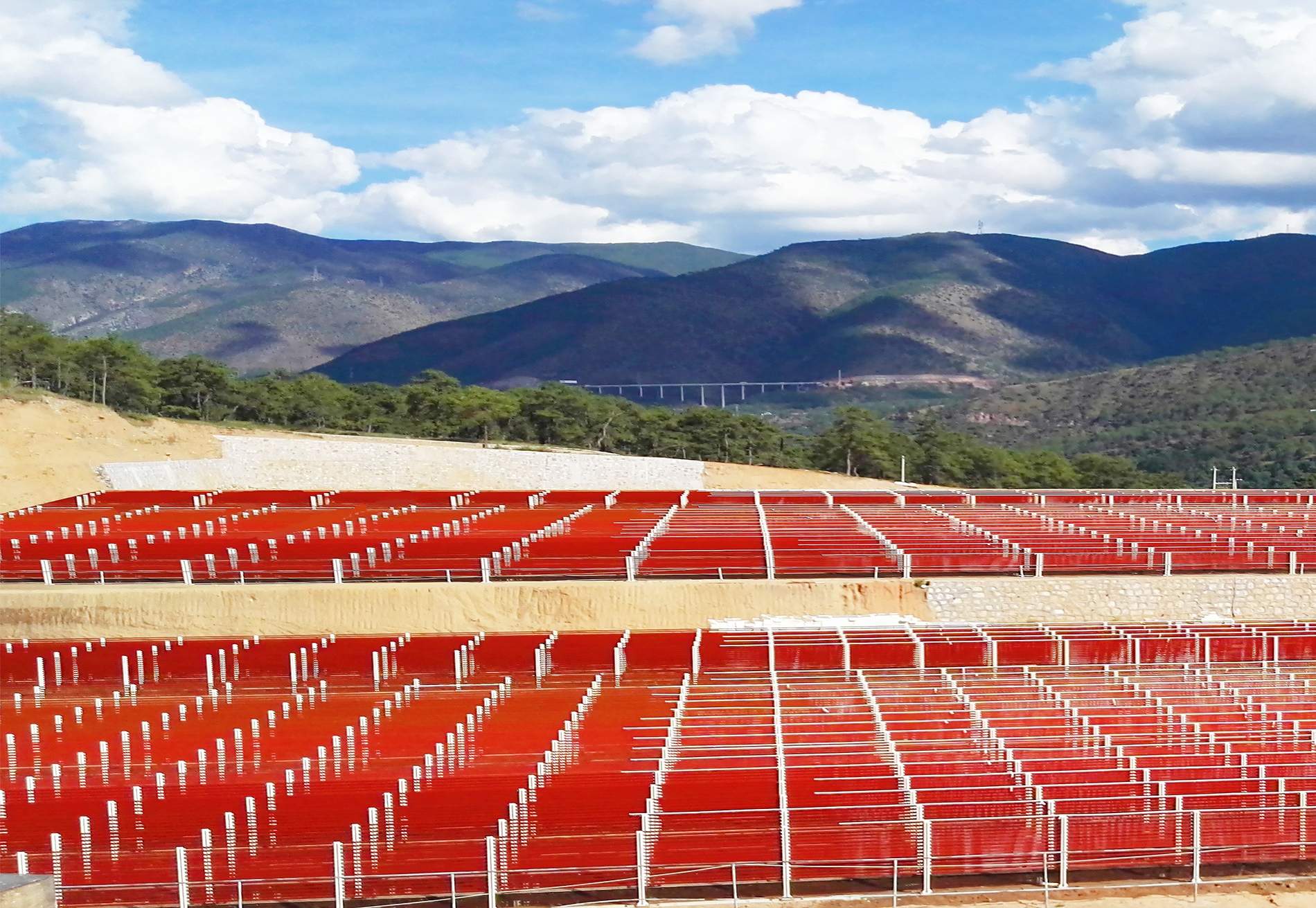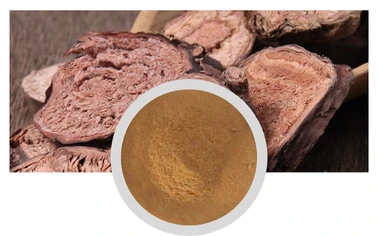

When considering these supplements, understanding the needs they address is essential. For those seeking cardiovascular support, both supplements are promising, but grape seed extract might be more beneficial for individuals specifically focused on blood pressure concerns. Pycnogenol may offer broader health benefits given its efficacy in managing diabetes, ADHD, and skin health. While both supplements have compelling health benefits, their sourcing and sustainability may also influence consumer choice. Pycnogenol is sustainably harvested from European forests certified by the Forest Stewardship Council, appealing to eco-conscious consumers. Grape seed extract, typically a by-product of the wine industry, repurposes grape seeds that would otherwise be waste, a sustainable practice in itself. Credibility and trustworthiness also come from evidence-based results; thus, relying on rigorous scientific studies is crucial. Both compounds have been subjected to numerous clinical trials supporting their health benefits. For instance, a study published in the “Journal of Clinical Nutrition” noted the efficacy of grape seed extract in reducing LDL oxidation (bad cholesterol), while a “Journal of Medicinal Food” study highlighted pycnogenol's impact on improving symptoms associated with venous insufficiency. Price and formulation availability are other aspects to consider. Grape seed extract tends to be more widely available and economically priced, while pycnogenol, due to its branded nature and proprietary extraction process, may come at a premium. Nonetheless, its standardization can guarantee a consistent level of active compounds. In conclusion, the decision between grape seed extract and pycnogenol should be tailored to individual health goals, dietary preferences, and budget considerations. Consulting with healthcare providers to assess personal health conditions and nutritional needs can further ensure optimal results, thereby aligning supplement use with professional guidance and knowledge.
Post time:Mar - 04 - 2025



